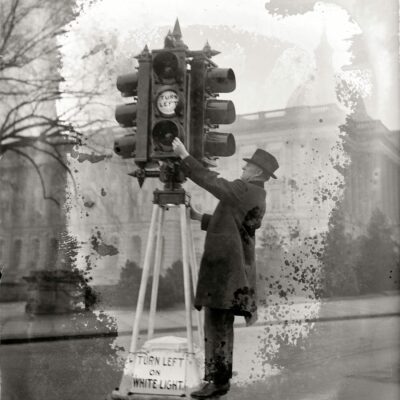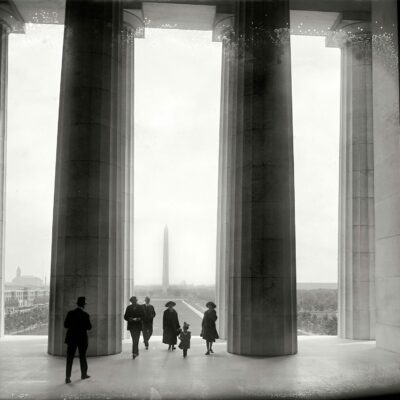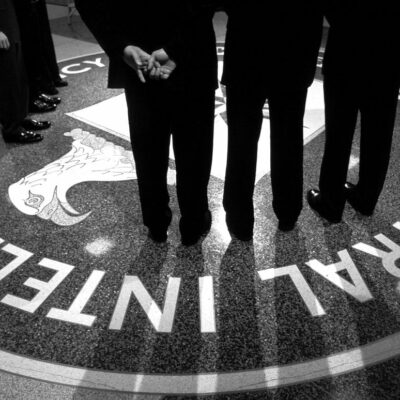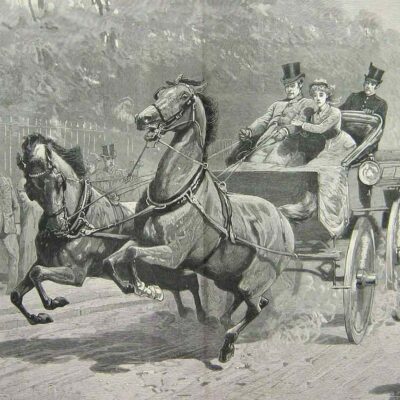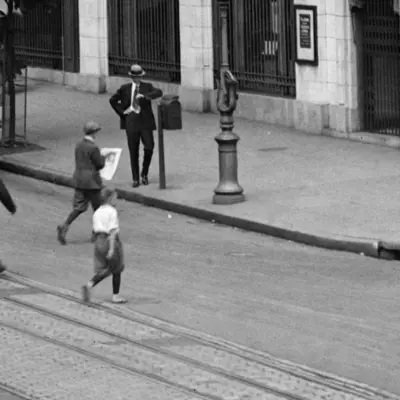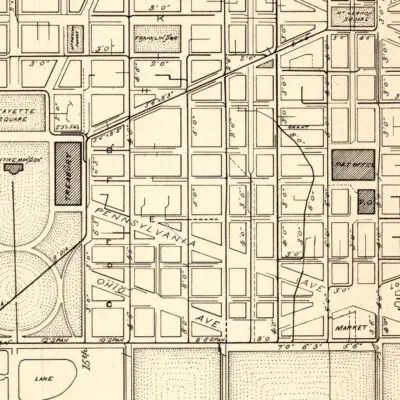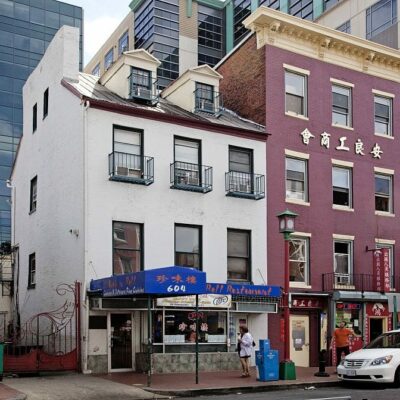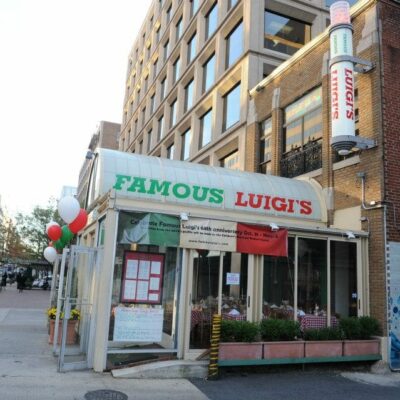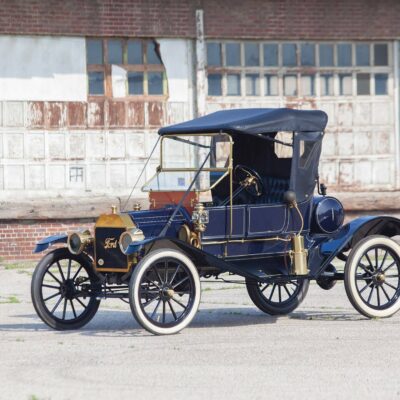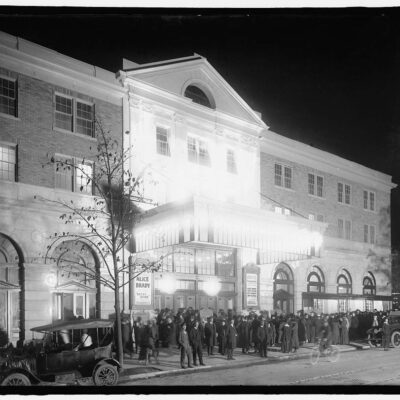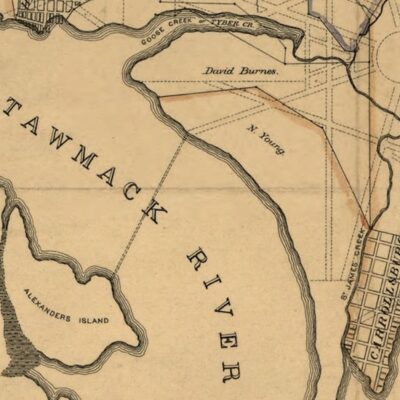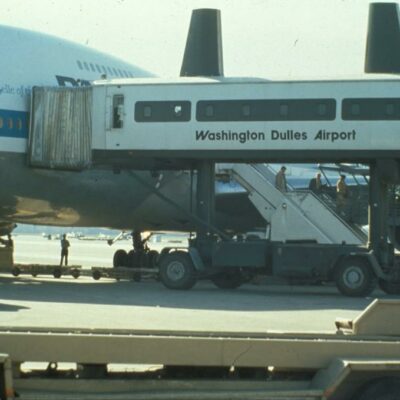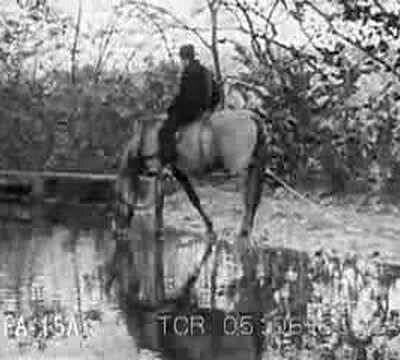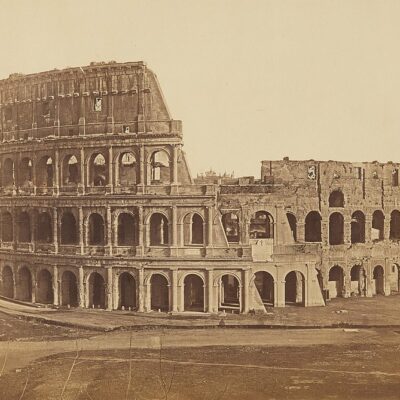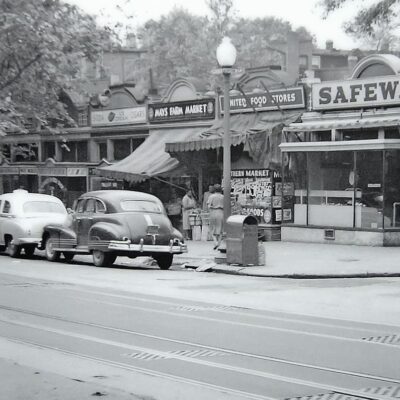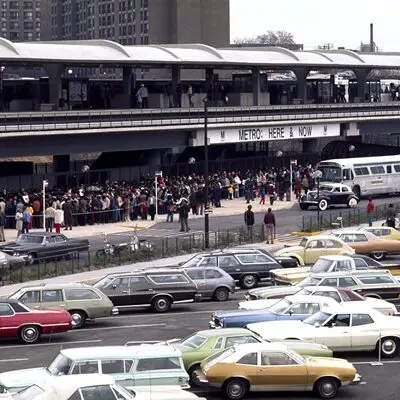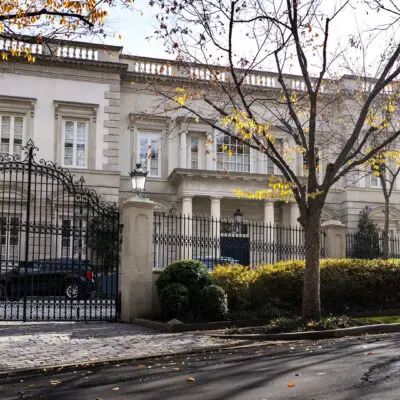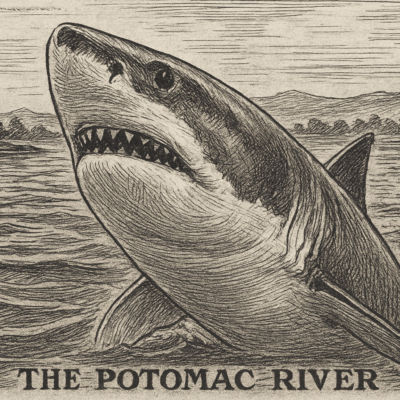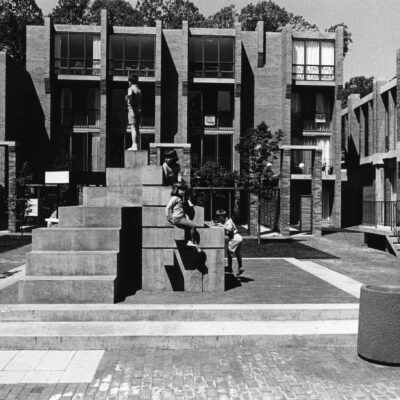Andrew J. ‘Cy’ Cummings was a larger- than-life figure in the early 1900’s in Chevy Chase, a football star at Georgetown, a successful farmer, a politician and a sportsman.
Known as ‘Big Cy, he made a big impression on nearly everyone who met him.” His friends included rich and powerful figures in Washington society as well as neighbors in the area (now known as Martins Addition in suburban Maryland) and people who worked for him, according to the Chevy Chase Historical Society.
He stood 6 feet 5 ½ inches tall and weighed 240 pounds. As one news story put it, “as an adversary in an athletic context he was not to be lightly regarded…”
Cy Cummings also was an accomplished public speaker and skillful politician. His home, Pleasant Grove off what is now Cummings Lane, was sometimes called ‘Political Hill’ because so many legislative issues were thrashed out in that house.
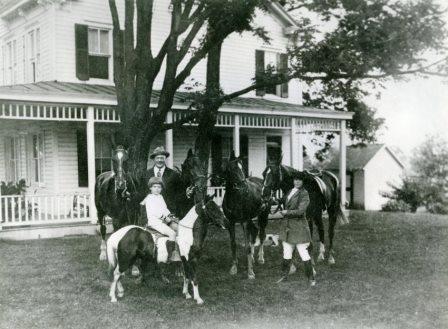
Cummings first ran for the Maryland House of Delegates in 1905 and served several consecutive terms in the Maryland legislature. He led the Maryland delegation in backing Woodrow Wilson’s bid for the nomination at the Democratic National Convention in 1912 and Wilson appointed him to the United States Shipping Board in 1913.
His wife, the former Zelpha Conter, was well-known in Montgomery County. In 1914, the Washington Post described her as an “expert horsewoman.”
Later in life, Cy became president of the Laurel Race Track. The behind-the-scenes story of how he landed that job is priceless and a definitive demonstration (of sorts) of the power of the press.
Cy Cummings happened to be friends with Edward B. (Ned) McLean, who owned the Washington Post, and Mrs. (Evalyn Walsh) McLean, his flamboyant wife.
In an oral history for the Chevy Chase Historical Society, Cy’s son, Andrew J. Cummings Jr., tells the tale:
My father, at that point, was not working, out of a job, between jobs. He was down at the McLean’s home one day and they got to talking about the (horse) races.
My father was quite a sportsman. He was interested in horse racing, golf and hunting. He had a pack of foxhounds. He had as many as 52 hounds at one time, a full pack.
Anyway, in the course of their conversation, he said: “You know that job out at Laurel race track is open.” The former president (of the track) had died.
McLean said: “Would you like to have that job?”
Cy said, “Yes I would like to have that very much.”
Ned McLean said: “I’ll get it for you.”
“How are you going to do that?”
“I’ll show you.”
McLean then picked up the telephone and called Colonel Matt Wynne, president of Churchill Downs Race Track (in Louisville), where they have the Kentucky Derby and who also was a principal stockholder in Laurel Racetrack.
McLean not only owned the Washington Post, he also owned the Cincinnati Inquirer, the big paper in Cincinnati.
When McLean made the call to Wynne, Wynne claimed the job at Laurel had already been promised to someone else. But McLean continued to advocate for Cy.
“Well,” he said, “I’ll tell you, Matt, if Cy Cummings don’t get that job, the name of Churchill Downs will never again appear in the Cincinnati Inquirer.”
Finally, after a long silence, Mr. Wynne said: “You can tell Mr. Cummings he’s got the job.”
Cy Cummings died in 1937. His son Andrew died in2011 at the age of 95.
More information is available in the Chevy Chase Historical Society’s article: “Cummings Lane: From Farm Lane to Suburban Street, 1848-1947.”
